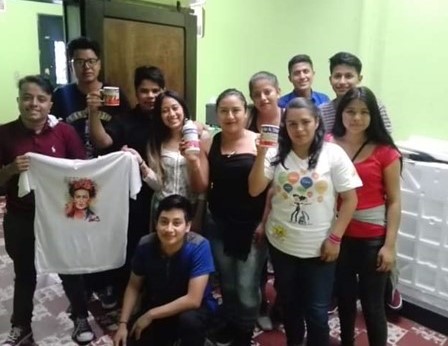
Access to employment is one of the most fundamental rights, a guarantee of dignity and an essential means of subsistence for every human being. However, in a post-conflict country marked by poverty and low school enrolment, access to this essential right remains a distant goal. The Guatemalan labor market is almost entirely dependent on the informal economy, and the few formal jobs available are under constant threat from labor flexibility. Non-compliance with labor legislation, the weakness of labor-related institutions and the partisan politicization of access to employment exacerbate the job crisis. These problems are at the root of phenomena such as rampant crime and mass migration.
The Guatemalan YCW works on issues such as unemployment, the formal and informal sectors, precarious work, and the education system that does not prepare young people for the world of work. The unemployment experienced by young people in different communities affects them emotionally, and in most families only the father has a job, whether formal or informal.

The action of the Guatemalan YCW was triggered by the need for young people to be able to generate an income for their families and contribute to their development. Finding a job can take too long, so young people become desperate, and some opt for other means of generating income and getting out of the situation they find themselves in.
The absence of public first-job programs for young people seeking to enter the job market, the discrimination that affects a large proportion of young people because of where they live or what they wear, and the demands made by employers in the selection process for job applicants, are all factors that make it highly unlikely that young people will find decent employment.
The action began with the Pocitos grassroots group and grew over time into a joint action involving young people from other grassroots groups. The young people needed a space to keep busy and to break out of their desperate situations. This space, offered by the YCW, enabled them to train in artisanal screen printing and sublimation of clothing and articles such as T-shirts, mugs, caps, etc.

The center has two sublimation machines and one screen-printing machine. These machines are used for training young people. It also has computer equipment for design and printing.
Training courses are held every two weeks over the weekend to encourage active participation by young people who, on weekdays, devote their time to their studies, helping out at home, etc.
The screen-printing and sublimation workshop is divided into three parts: the first part is an introduction to screen printing, sublimation and pattern creation; the second part is printing on different types of surfaces; and the third and final part is product marketing.
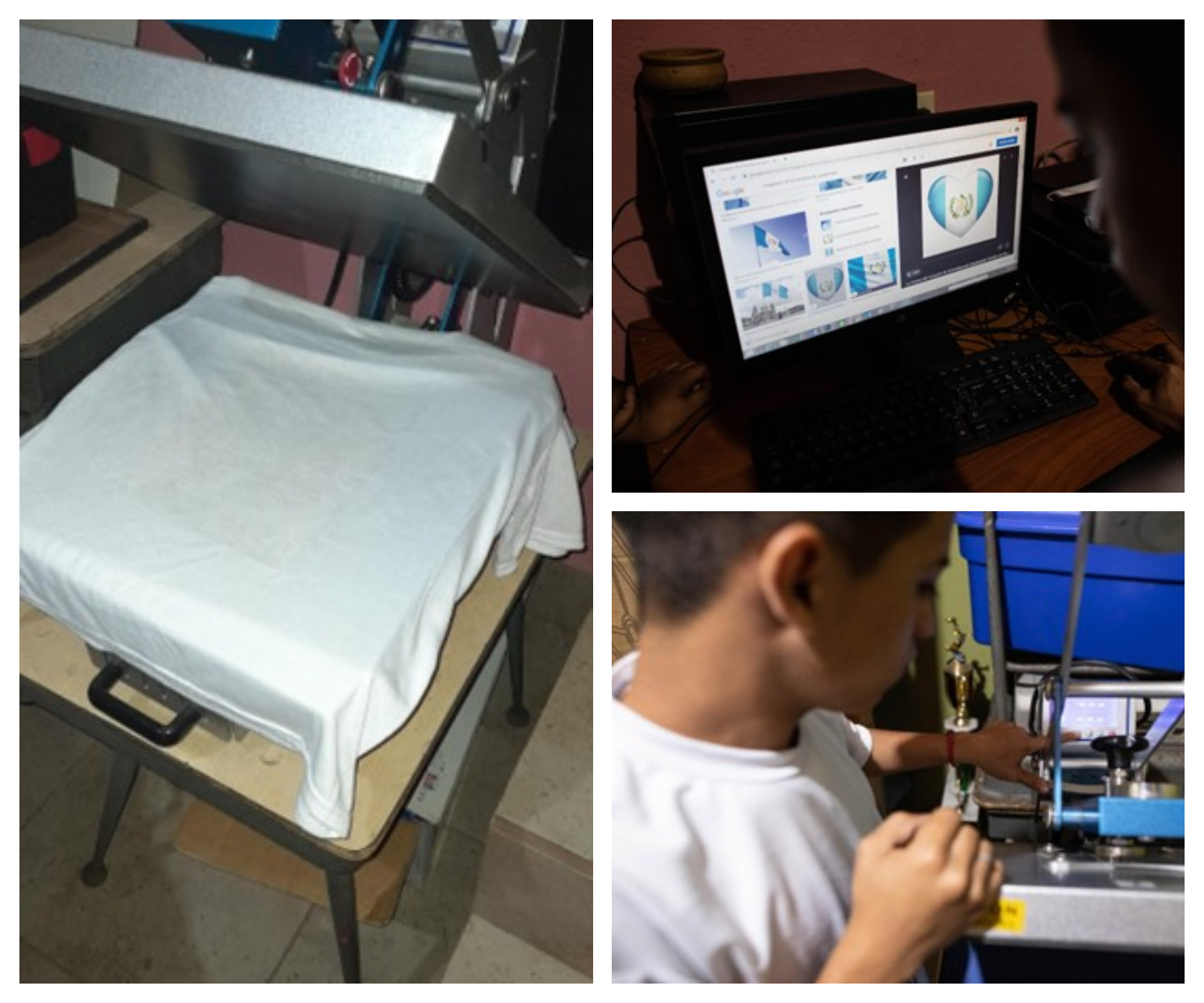
In the short term, the YCW wants to generate an income for young people, train more young people and include knowledge of screen printing in their resumes to give them more opportunities on the job market.
In the long term, the YCW would like to integrate a screen-printing cooperative (it is already in contact with one) and extend its action to other spaces or communities. Through social networks, it is trying to raise its profile and reach out to more people in order to initiate new young people and help market its products. It will continue to participate in training forums on solidarity economy and related subjects. Finally, it aims to develop a small business with which it can guarantee young people a fair wage and decent living and working conditions.
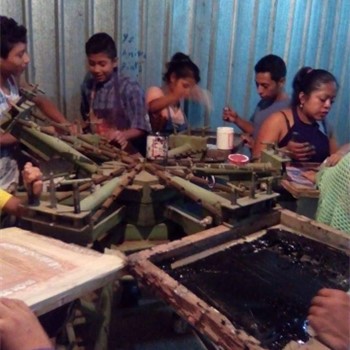

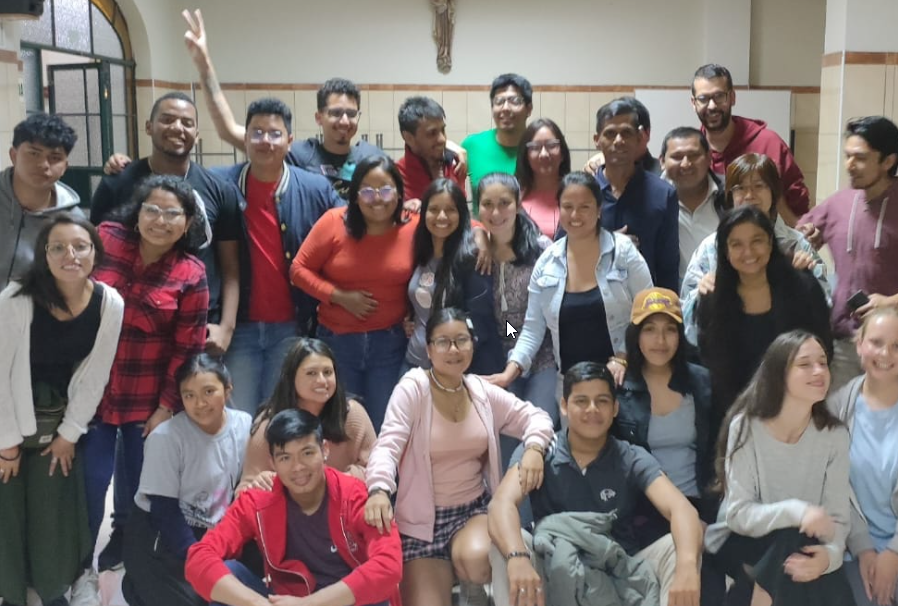
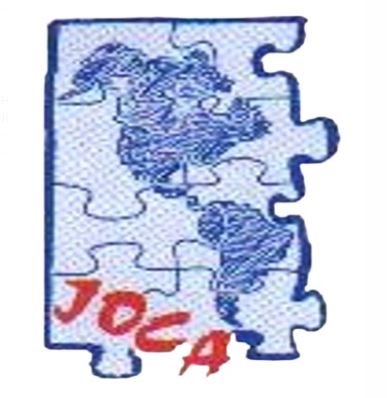
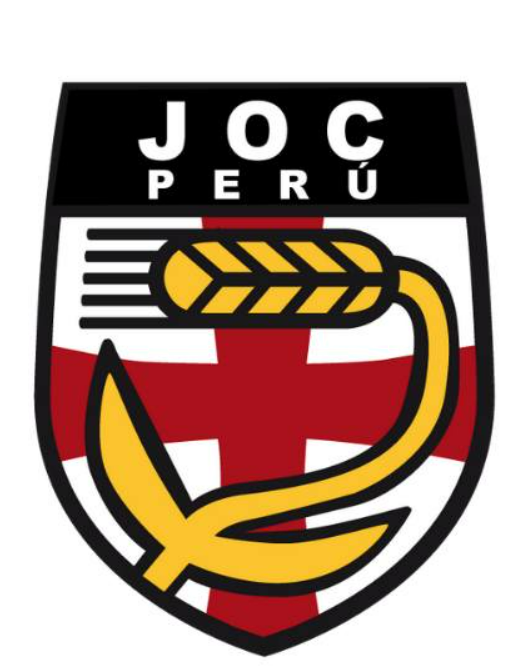
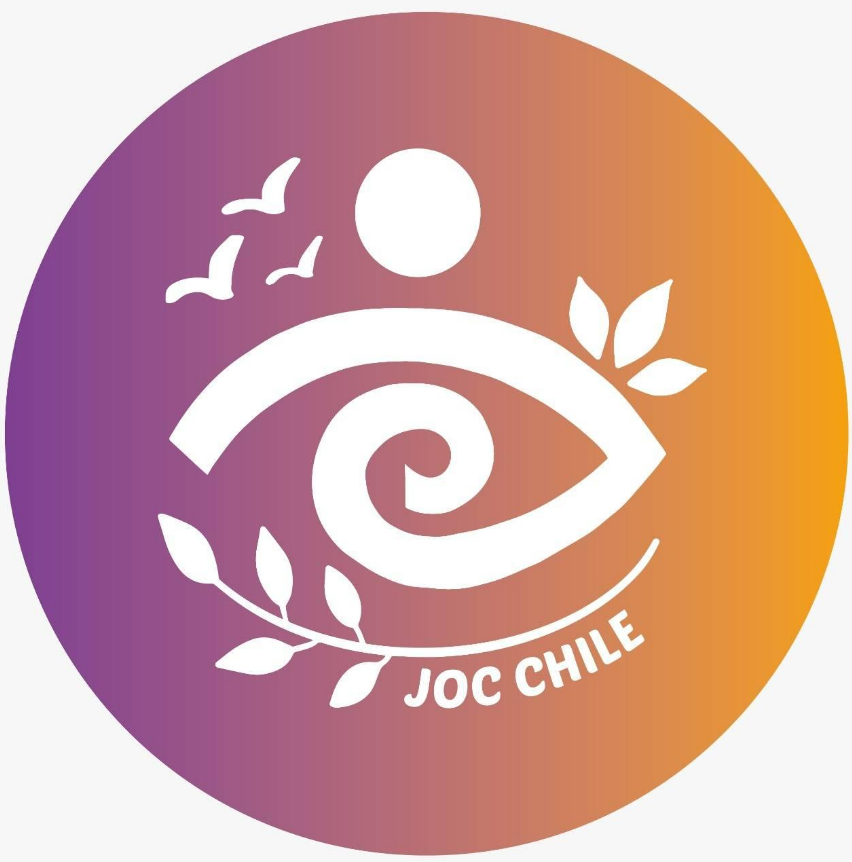
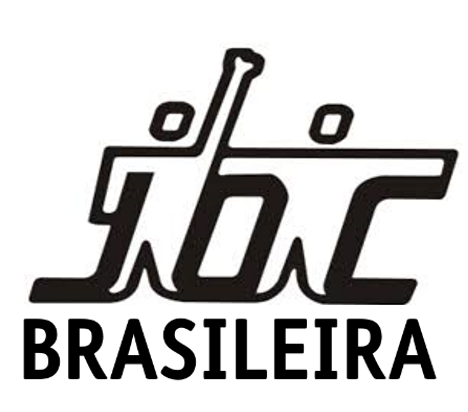

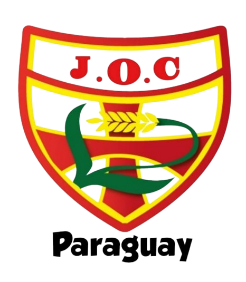
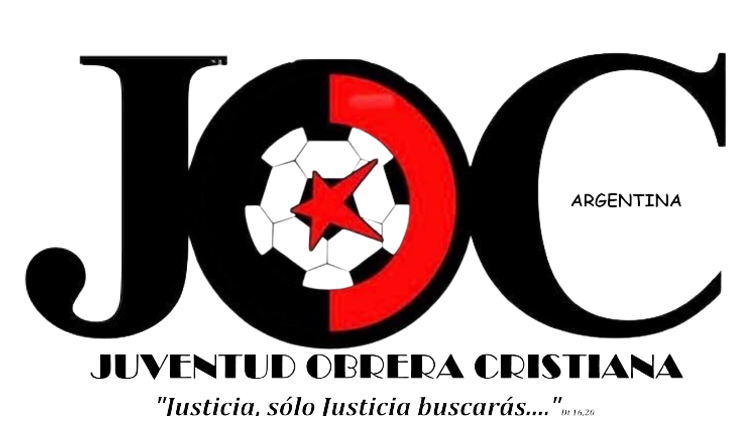
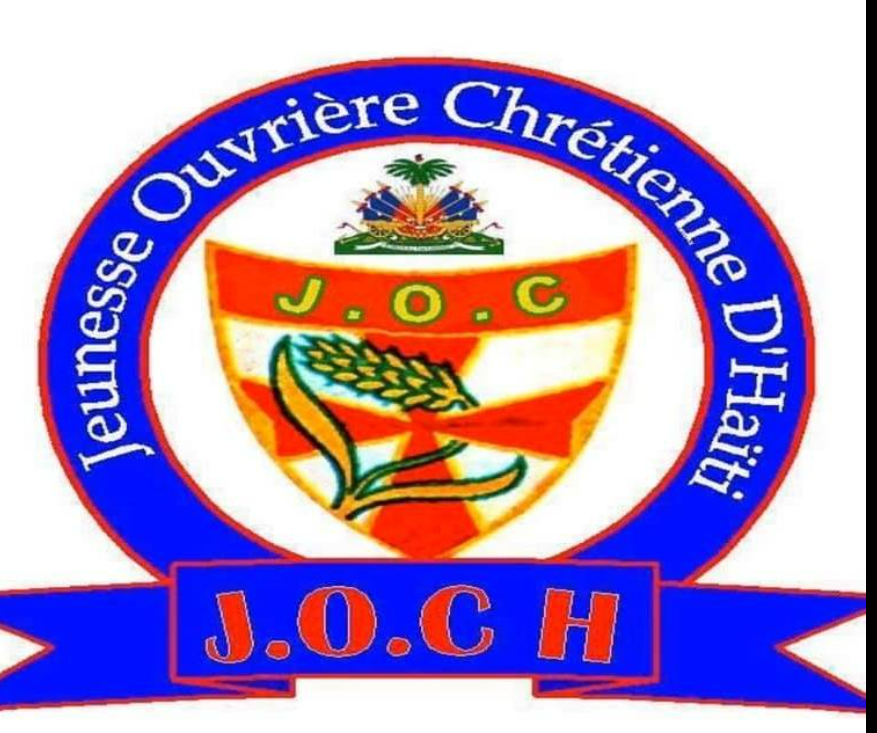
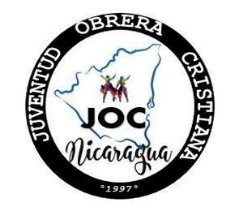



 English
English  Español
Español  Français
Français